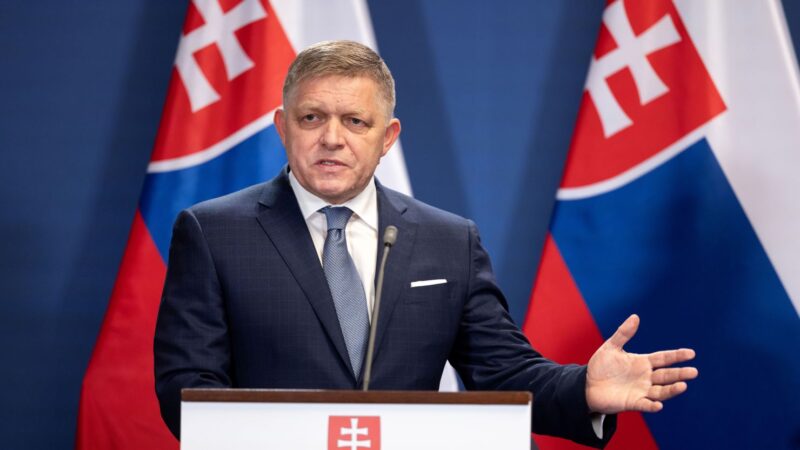Slovakia’s parliament passed a new law on Wednesday that forces non-governmental organizations (NGOs) to pull back the curtain on their funding sources and leadership structures—part of what the government claims is a push for greater transparency.
The bill, approved by 76 lawmakers in the 150-seat chamber, requires NGOs to publicly disclose the names of individuals or entities donating more than €5,000 annually. They’ll also need to reveal who sits on their boards and advisory panels.
Prime Minister Robert Fico’s nationalist government led the charge, arguing that foreign-funded groups have too much hidden influence on domestic affairs. Fico has gone so far as to accuse certain NGOs of working to overthrow his government—a claim that sparked fierce debate both inside and outside the legislature.
Zuzana Plevíková, an MP from Fico’s ruling Smer party, doubled down during the vote, saying that some NGOs are actively plotting a “violent coup” and are bankrolled by foreign interests. “They simply can’t accept the outcome of democratic elections,” she said, implying that ideological motives—not national interest—are driving their operations.
Slovakia’s move echoes a broader trend across Europe and beyond. Governments in multiple countries have raised red flags about NGOs funded from abroad, questioning whether such financial ties compromise sovereignty or manipulate local politics.
Just last year, the Trump-era USAID faced scrutiny after revelations that it had funneled money into foreign NGOs promoting progressive causes under the banner of democracy-building. Likewise, a recent report by MCC Brussels claimed the European Union was quietly financing NGOs to advance a left-leaning agenda under the guise of supporting independent civil society.
Supporters of the Slovak law say it’s about ensuring accountability and rooting out foreign interference. Critics argue it risks stifling dissent and undermining the very idea of civil society.
For now, though, Slovakia’s NGOs are on notice: it’s time to open the books.




